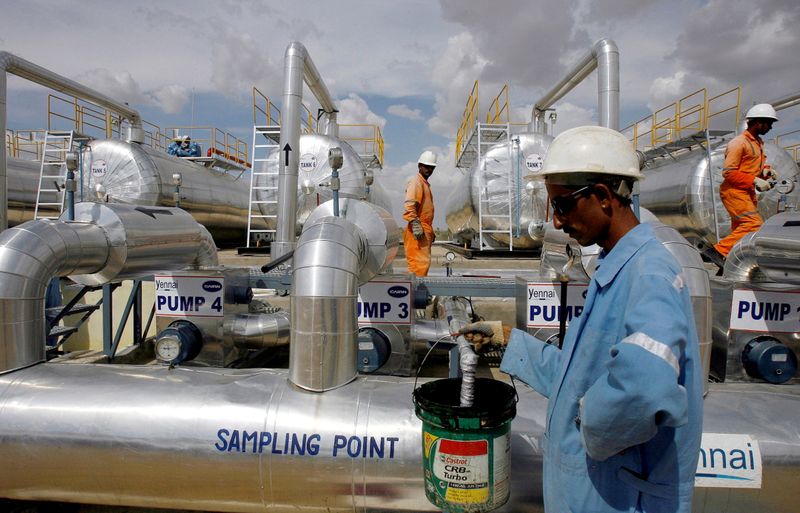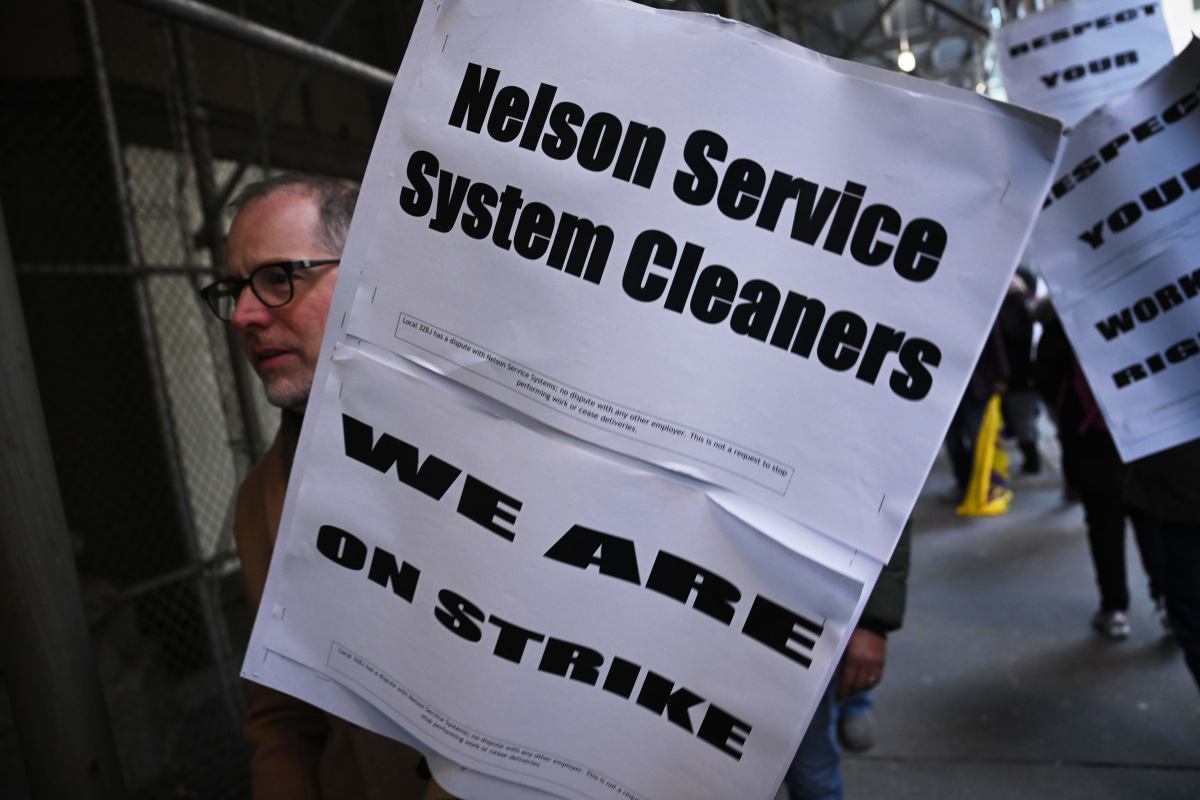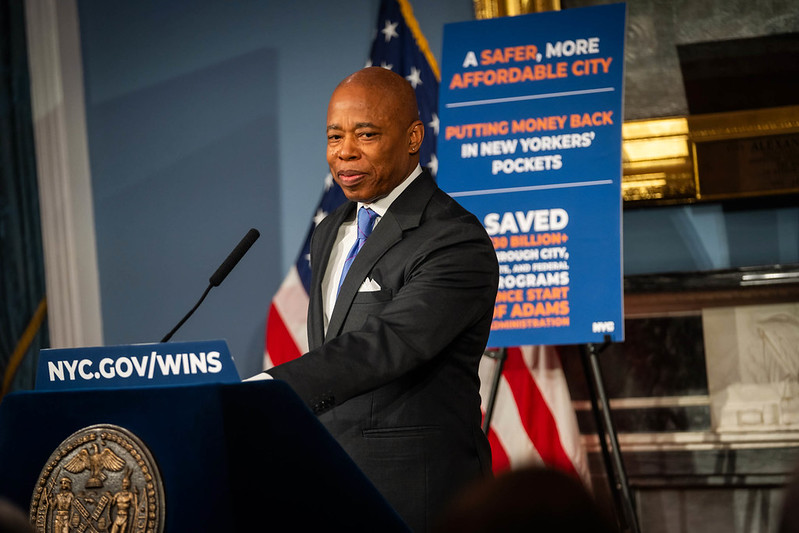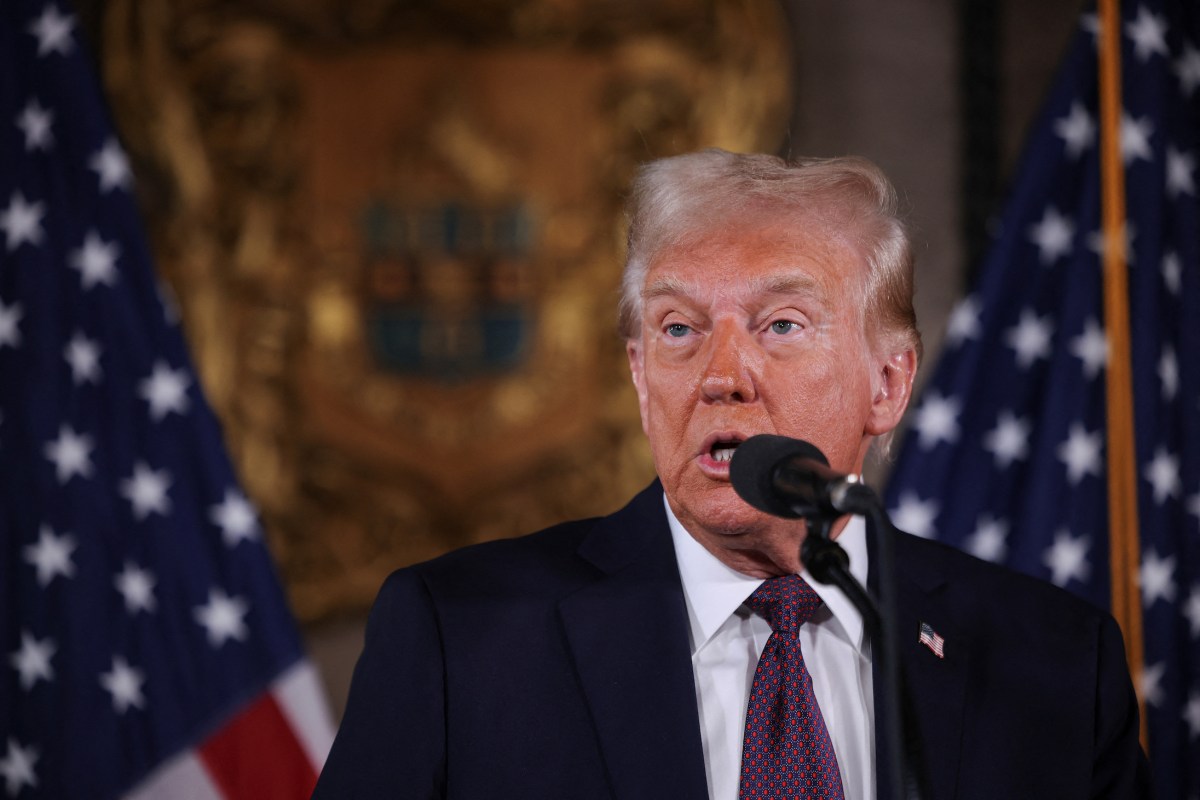By Aditi Shah and Aftab Ahmed
NEW DELHI (Reuters) -Cairn Energy said on Thursday a Paris court had accepted its petition that Indian state-owned assets in the city worth over 20 million euros ($24 million) be frozen, claiming a significant win in its campaign to force the Indian government to pay Cairn billion-dollar damages in a protracted tax dispute.
A French tribunal ordered the freeze on some 20 centrally located properties belonging to the Indian government as part of a guarantee of the amount owed to Cairn, the London-listed firm said.
Cairn said it has also registered similar claims against India in courts in the United States, Britain, the Netherlands, Singapore and Quebec.
India’s government said in a statement on Thursday it had not received any communication on the issue from any French court, and that it would “take appropriate legal remedies” once it received any notice.
“This is the necessary preparatory step to taking ownership of the properties and ensures that the proceeds of any sales would be due to Cairn,” the firm said.
Cairn, which has oil and gas operations in India, was awarded damages of more than $1.2 billion, plus interest and costs, in December by the Permanent Court of Arbitration at The Hague in a long drawn-out tussle with the Indian government over certain retrospective tax claims. Cairn says it is now owed $1.7 billion in total.
While New Delhi has filed an appeal against the damages ruling, Cairn has identified Indian assets overseas, including assets of national carrier Air India that the energy firm says could be seized in the absence of a settlement.
“Our strong preference remains an agreed, amicable settlement with the government of India to draw this matter to a close,” the company said.
In its statement on Thursday the government said it will “vigorously defend its case”.
It also said the chief executive and representatives of Cairn have approached the government for discussions to resolve the matter. “Constructive discussions have been held and the government remains open for an amicable solution to the dispute within the country’s legal framework,” it said.
The dispute began in 2012 after a previous Indian government decided to impose capital gains tax retrospectively on some companies, such as telecoms operator Vodafone Plc, which also took its case to arbitration and won.
The cases spooked foreign investors, and also dealt a blow to the government of Manmohan Singh, who lost power in a 2014 election to Prime Minister Narendra Modi.
Modi’s government has said it would not make retrospective tax claims in future but has defended outstanding cases.
($1 = 0.8475 euros)
(Reporting by Aditi Shah and Aftab Ahmed; Writing by Abhirup Roy; Editing by Kim Coghill and Kenneth Maxwell)






















